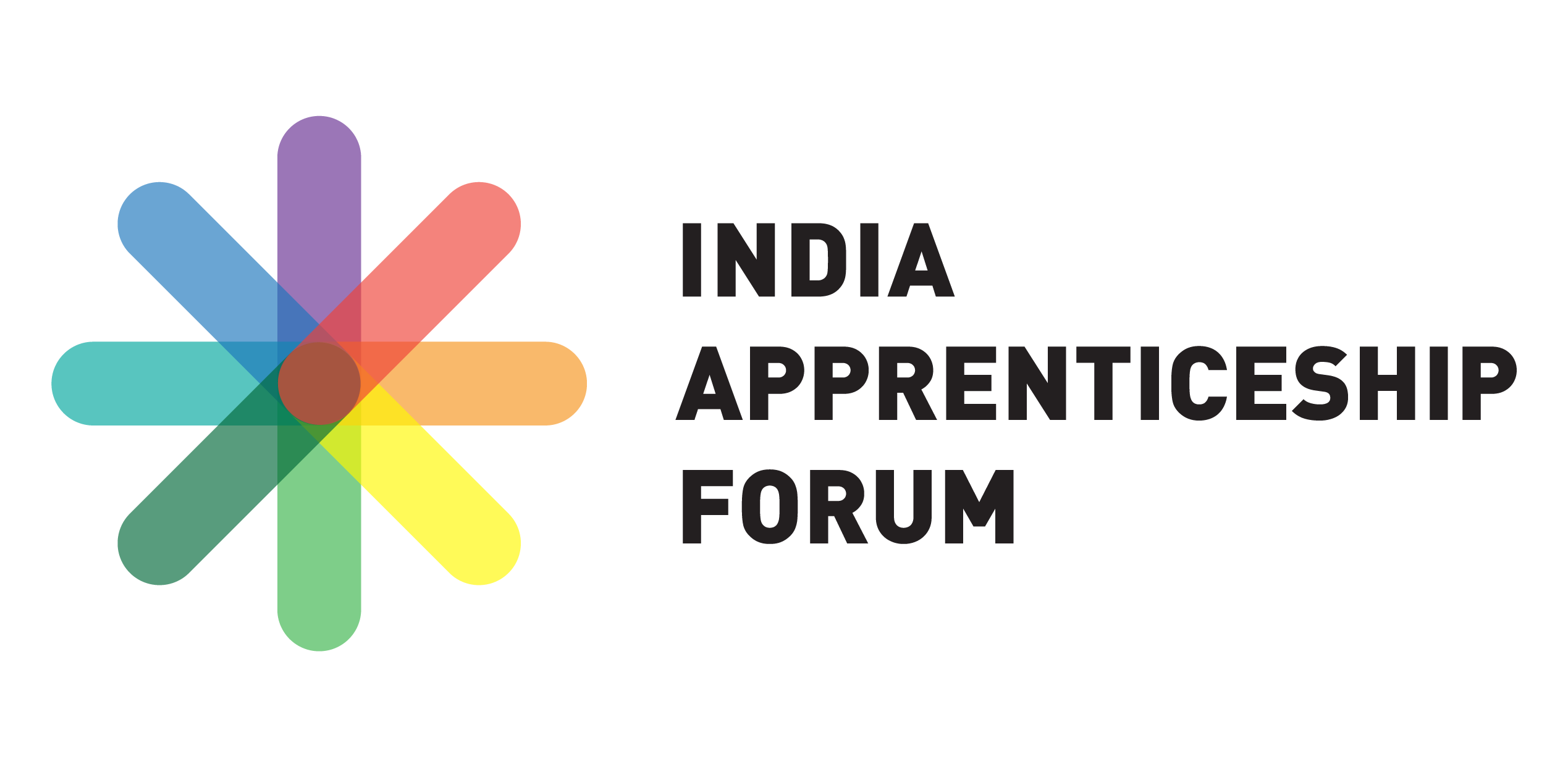Lack of employable skills among youth seems to be quite the eco-political hot potato. An eminent panel from industry and government at a recent NETAP-IAF event on “Leveraging the Power of Apprenticeships for Creating Human Capital, underscored some of the major skill challenges in India, straight from the horse’s mouth, as it were.
Visit our earlier blog for more on the same.
Infrastructure Underutilisation
Drawing attention to this issue, Abhay Singh, Lixil India said, “Many companies have invested in labs and infrastructure in training institutes. But how much of it is actually being utilised? College authorities tell us the pressure of academic performance and passing exams is keeping students away from labs.”
A newly released report by TeamLease Services[i] puts to bed misconceptions around learning-by-doing models such as apprenticeships as education of a lesser value. Indian apprenticeship stipends were found to command a significant premium of around 41% over minimum wages. It is high time our education and training systems recognise the merit of vocational skills.
Skills-Demand Mismatch
Industry representatives expressed concern about the misalignment between current skills and actual demand. “There is huge pressure on HR that we are not getting the right kind of people,” they said. “If we want to get into the next phase of growth we need to focus on the skills gap,” they added, calling on skill development as a key growth driver.
Mismatch between education provided by basic training providers (BTPs) and industry relevant skills is an acute problem, compounded by a severe paucity of qualified trainers.
As a way forward, Rajesh Aggarwal, Joint Secretary, MSDE, stated at the NETAP-IAF event, “One of the key things government tried to change was to remove the critique that curricula and courses designed by government or government regulated entities are not in sync with industry and to give industry the lead to define competencies that they require for the future workforce, and for industry to design curriculum, train, assess and certify.”
Apprentice Regulation
Stressing on the government’s commitment to minimum regulation in apprenticeships, Rajesh Aggarwal further said,“The government online portals for apprenticeships are in place. The whole idea is for government to be at a distance and do the minimum required regulation. That is the objective with which along with the NSDC the government is working to set the whole architecture of apprenticeships.”
Indian problems often present themselves on two extreme ends of either too much or too little of something. The skilling administration has hitherto had the problem of too many cooks- currently one must navigate the labyrinthine corridors of around twenty skilling related Ministries and Departmentsii. Added to that, two regulatory institutions in skill development. The Cabinet in 2018 gave its nod to merge the two regulators into a new single regulator- the National Council for Vocational Education and Training. The premise for the institutional reform was to usher in improvements in quality, credibility and market relevance of skills-based programs leading to increased skilled manpower.[ii]
Simply put, a single regulator should alleviate the problems around lack of strong regulatory oversight has resulted in a blur of training programs of varying non-standardised curricula, non-comparable assessment and certification systems, and a failure to anchor the National Skills Qualification Framework to meet sector-specific requirements. The fallout of these inefficiencies is a serious failure of purpose for the vocational training system, including apprenticeships, with employability of youth receiving a severe blow.
Low Wages
A pressing problem which some believe surmounts jobs is that of low wages of vocational skills-based roles. A curtain of low skills and low wages has been hanging over Indian industry far too long with productivity taking a big hit. An urgent mindset change is required to make vocational skills-based occupations more inspirational by paying the right wages for the right skills.
As Rajesh Aggarwal aptly put it, “If you look at annual productivity growth in India it is abysmally low at around 1-1.7 %. India can’t grow as a society on lower wages or on a wage advantage.”
A view echoed elsewhere by the NSDC CEO Manish Kumar who puts the onus of fair wage for high skills squarely on private employers.[iii] He states that a severe mismatch between wage expectation and actual pay-out has resulted in an undesirous shift in motivation where labourers flit between jobs in hope of marginal wage increments to edge closer to expectation. Skill building falls by the wayside.
Your Say
We look forward to more valuable insight from the IAF’s stakeholders to present salient matters around vocational skills to our audience.
References
[i] Stipend Primer 2019 by TeamLease Skills University Thought Leadership and the National Employability Through Apprenticeship Program (NETAP)
[ii] Cabinet approves merger of National Council for Vocational Training, NCVT and National Skill Development Agency, NSDA to establish National Council for Vocational Education and Training, NCVET- Press Information Bureau, 10-October-2018
[iii] Market not creating pressure on private sector to work towards improving skills: NSDC CEO Manish Kumar, Feb 24 2019, Financial Express














